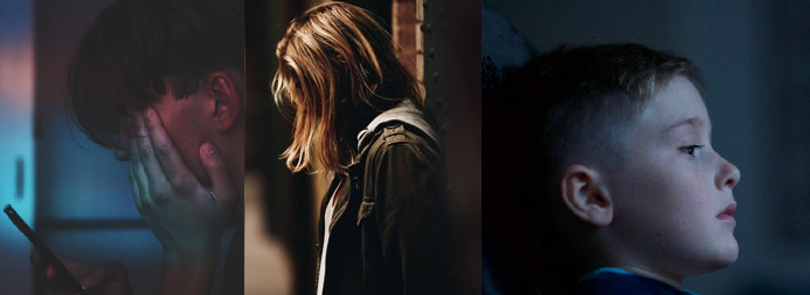People who commit child sexual exploitation often ‘groom’ their victims to gain their trust.
Grooming involves building a relationship, trust, and emotional connection with the child or young person so that they can be taken advantage of and exploited. The forms of relationship a groomer can build include romantic relationships, friendships, and relationships via social media, messaging apps, on games and apps, or in person. A groomer will often give the child or young person a lot of attention, gifts, and take them on trips/outings or holidays. It can take place over varying periods of time, from a few days to several years.
Contact may be direct or through a child’s school mates, friends, siblings or neighbours. Many children disclose that the initial contact was made by someone they regarded as an equal.
It happens to children from all backgrounds and communities, right across the UK, out of sight and behind closed doors. It happens to both boys and girls, online or offline. And a victim may have been sexually exploited, even if it appears consensual.
Child sexual exploitation is never the young person’s fault, even when they 'agree' to the sexual activity. Offenders of child sexual exploitation are both skilled and strategic; they aim to drive a wedge between you and your child, closing down the normal channels of communication and emotional bond between you.
The signs to look out for
Knowing the signs of child sexual exploitation and being aware of the support available can help to equip parents and carers with the knowledge and tools to step in early.
- Being especially secretive and not spending time with their usual friends. They may be particularly prone to sharp mood swings; it may seem that their personality has completely changed.
- Spending time with, or developing a sexual relationship with older men and/or women
- Going missing from home and not letting you know where they are, what they’re doing and who with. Often returning home late or staying out all night, although some offenders know that parents will suspect something is wrong if their child stays out all night, so they may begin by dropping the child off at the home before their curfew. They may even pick them up outside the school gates.
- Strange calls and messages on their mobiles or social media pages from people you’re not familiar with, possibly older people from outside their friendship circle
- New belongings which they couldn’t normally afford, such as mobile phones, trainers, clothes or jewellery
Your child may also:
- Start dressing differently
- Look tired and/or unwell, and sleep at unusual hours
- Have marks or scars on their body which they try to hide
- Talk differently, adopt new ‘street language’ or respond to a new nickname
